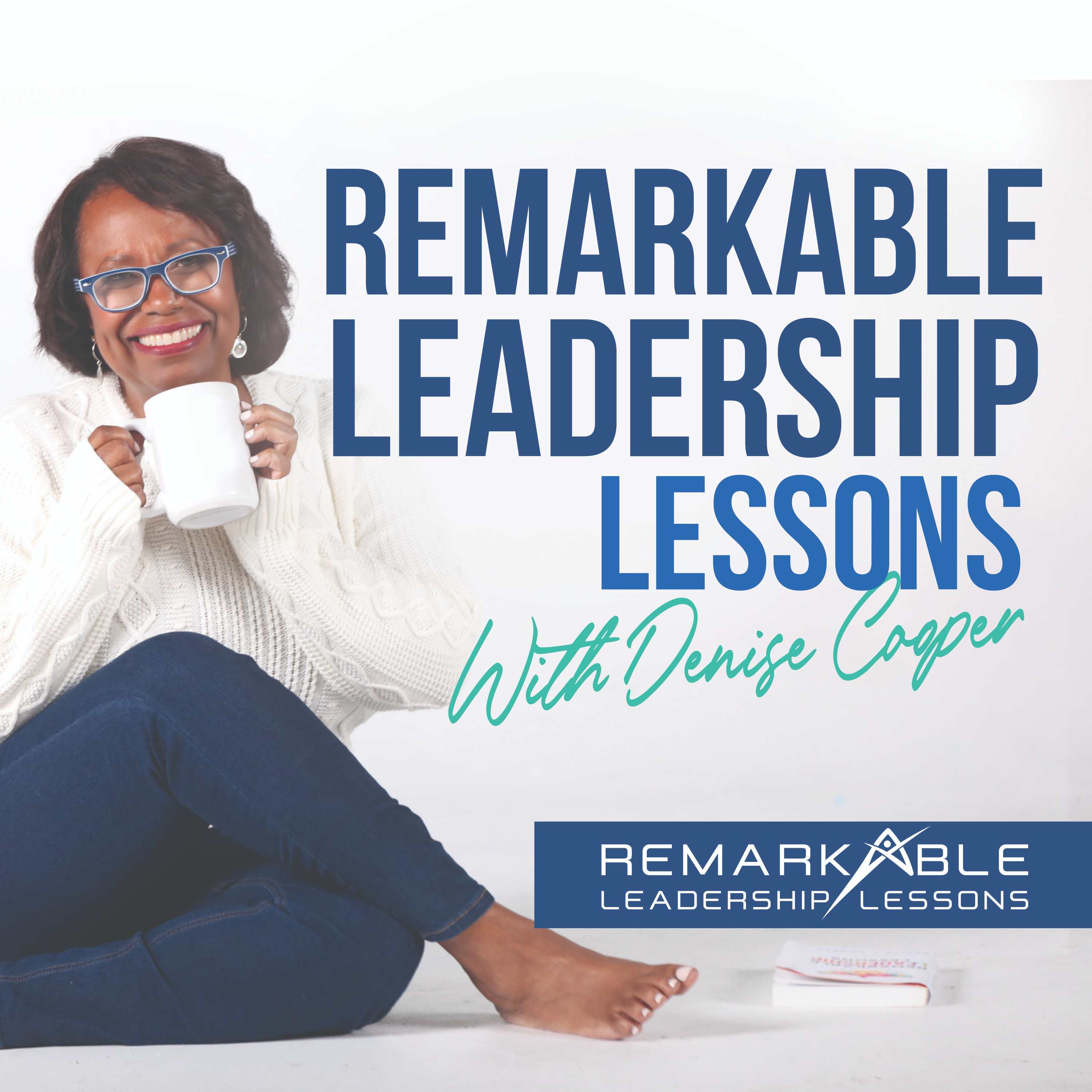Meredith Broussard on Fighting Bias in AI (Ep 136)
In this episode of our podcast, we are joined by Meredith Broussard, an associate professor at the Arthur L. Carter Journalism Institute of New York University and the research director at the NYU Alliance for Public Interest Technology.
During our conversation, we discuss the importance of diversity and inclusion in the tech industry and how AI can be leveraged to improve belonging, inclusivity, and diversity in the workplace. We also delve into the ethical concerns that arise when developing and deploying AI systems in various sectors, such as healthcare or finance. Meredith shares her insights on how we can ensure that AI technologies are developed in a way that doesn't perpetuate or exacerbate existing biases and inequalities.
Meredith's extensive experience as a former features editor at the Philadelphia Inquirer and a software developer at AT&T Bell Labs and the MIT Media Lab, as well as her research in AI ethics and data analysis for social good, provide a unique perspective on the intersection between AI and bias.
This episode is a must-listen for C-Suite Leaders (and aspiring ones!) who seek to leverage technology to improve their performance outcomes while promoting diversity, inclusion, and belonging in the workplace. Follow Meredith on Twitter @merbroussard or visit her website, meredithbroussard.com, to learn more about her work.
THE FINER DETAILS OF THIS SHOW
- How can you tell if AI algorithms are making decisions that are unfair and unjust? [07:22]
- You talk about how AI is not neutral, what does that mean? [08:19]
- What considerations should you reflect on before buying data? [11:06]
- Can you give an example of what can happen when data is not being used responsibly? [15:28]
- How might an AI based system perpetuate bias in a hiring process? [19:29]
- Are there other misconceptions or areas of bias that just kind of show up in different kinds of companies, of manufacturing, supply chain, all of those areas? Have you seen instances of that in the book? [25:38]
KEEP UP WITH MEREDITH BROUSSARD
EPISODE RESOURCES
- Join the Remarkable Leadership Lessons Community Now
- Visit the Remarkable Leadership Lessons Site
- Got questions? Send them here
- Interested in being a guest? Schedule an introduction call!
- Subscribe on Apple Podcasts, Spotify, or Google Podcasts, and leave us a rating or review
MEREDITH BROUSSARD
Meredith Broussard is an associate professor at the Arthur L. Carter Journalism Institute of New York University and the research director at the NYU Alliance for Public Interest Technology. She is the author of an upcoming book, More Than a Glitch: Confronting Race, Gender, and Ability Bias in Tech (MIT Press, 2023), as well as the award-winning 2018 book Artificial Unintelligence: How Computers Misunderstand the World. Her research focuses on artificial intelligence in investigative reporting, with particular interests in AI ethics and using data analysis for social good. She appears in the Emmy-nominated documentary “Coded Bias,” now streaming on Netflix. Her work has been supported by the Rockefeller Foundation, the Institute of Museum & Library Services, and the Tow Center at Columbia Journalism School. A former features editor at the Philadelphia Inquirer, she has also worked as a software developer at AT&T Bell Labs and the MIT Media Lab. Her features and essays have appeared in The New York Times, The Atlantic, Slate, Vox, and other outlets. Follow her on Twitter @merbroussard or contact her via meredithbroussard.com.


